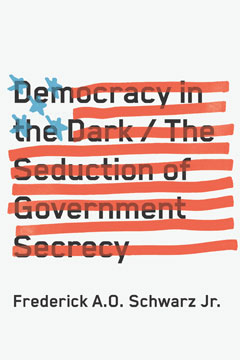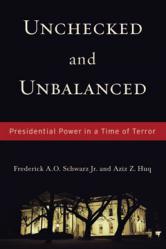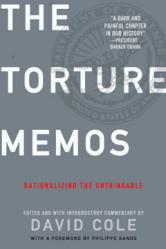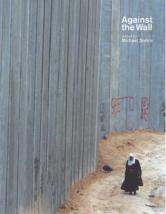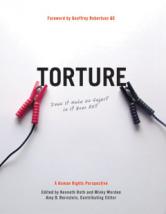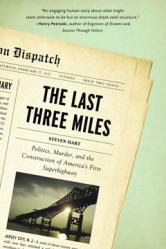Democracy in the Dark
From the winner of the 2014 Ridenhour Courage Prize, a timely and provocative new history of secrecy in the U.S. government
“Schwarz is among the many quiet patriots who are spreading the word that the very meaning of the United States, the whole point of this fragile experiment in representative democracy, will be lost if the nation’s ironclad commitment to the rule of law is allowed to unravel.” —Bob Herbert, former New York Times op-ed columnist
From Dick Cheney’s man-sized safe to the National Security Agency’s massive intelligence gathering, secrecy has too often captured the American government’s modus operandi better than the ideals of the Constitution. In this important new book, Frederick A.O. Schwarz Jr., who was chief counsel to the U.S. Church Committee on Intelligence—which uncovered the FBI’s effort to push Martin Luther King Jr. to commit suicide, the CIA’s enlistment of the Mafia to try to kill Fidel Castro, and the NSA’s thirty-year program to get copies of all telegrams leaving the United States—uses examples ranging from the dropping of the first atomic bomb and the Cuban Missile Crisis to Iran Contra and 9/11 to illuminate this central question: how much secrecy does good governance require? Schwarz argues that while some control of information is necessary, governments tend to fall prey to a culture of secrecy that is ultimately not just hazardous to democracy but antithetical to it. This history provides the essential context to recent cases from Chelsea Manning to Edward Snowden.
Democracy in the Dark is a natural companion to Schwarz’s Unchecked and Unbalanced, co-written with Aziz Huq, which plumbed the power of the executive branch—a power that often depends on and derives from the use of secrecy.
Praise
|
|

